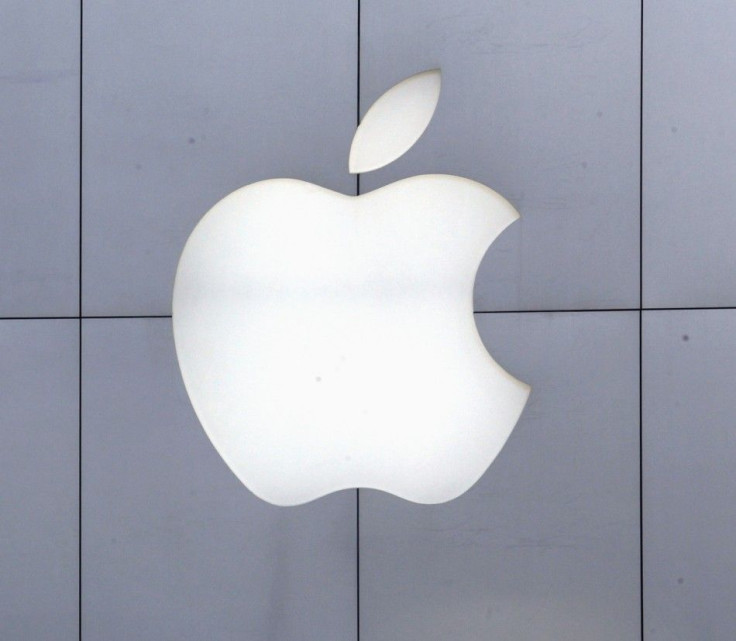Apple Tax Holiday Plea Rejected By White House

Apple's push for a tax holiday on overseas profits is unlikely to influence the Obama administration's position on the issue, a White House source told Talking Points Memo.
Apple announced on Monday that it would use some $45 billion of its cash reserves to pay dividends to shareholders and buy back shares, but Chief Financial Officer Peter Oppenheimer said in a conference call that Apple would leave approximately $64 billion in cash held offshore.
Repatriating the cash from offshore would result in significant tax consequences under current U.S. law, Oppenheimer said. We think that the current tax laws provide a considerable economic disincentive to U.S. companies that might otherwise repatriate the substantial amount of foreign cash that they have, he added.
Apple, Other Corporations Want A Tax Break From Congress
That could change if Apple gets the tax break it is seeking from Congress. Currently, if Apple brings the money back into the United States it would be taxed at the standard corporate rate of 35 percent. Apple has joined other corporations, including Google, Cisco and Pfizer, in seeking a repatriation holiday that would slash the tax rate on profits broad back from abroad.
There is some political support for the idea, although proponents have disagreed on whether to enact a temporary break or to include the measure in a broader overhaul of the tax code. The Obama administration falls into the second category.
The push seemed to gain momentum last summer, as Democratic senators who had opposed a 2009 version -- including Sen. John Kerry (D-MA), Sen. Chuck Schumer (D-NY) and Sen. Kay Hagan (D-NC) -- pivoted to supporting a tax holiday. Hagan reiterated her position on Monday, telling Talking Points Memo that a holiday would provide some needed economic stimulus.
Today's announcement by Apple only highlights the need to pass commonsense legislation that would allow American companies to put $1 trillion of foreign earnings back to work in the US economy, Sen. Hagan told Talking Points Memo.
But opponents of the idea point to the results of the most recent holiday, which spanned 2004 and 2005. Rather than use the influx of cash to bolster hiring, most corporations chose to reward their investors.
© Copyright IBTimes 2024. All rights reserved.




















